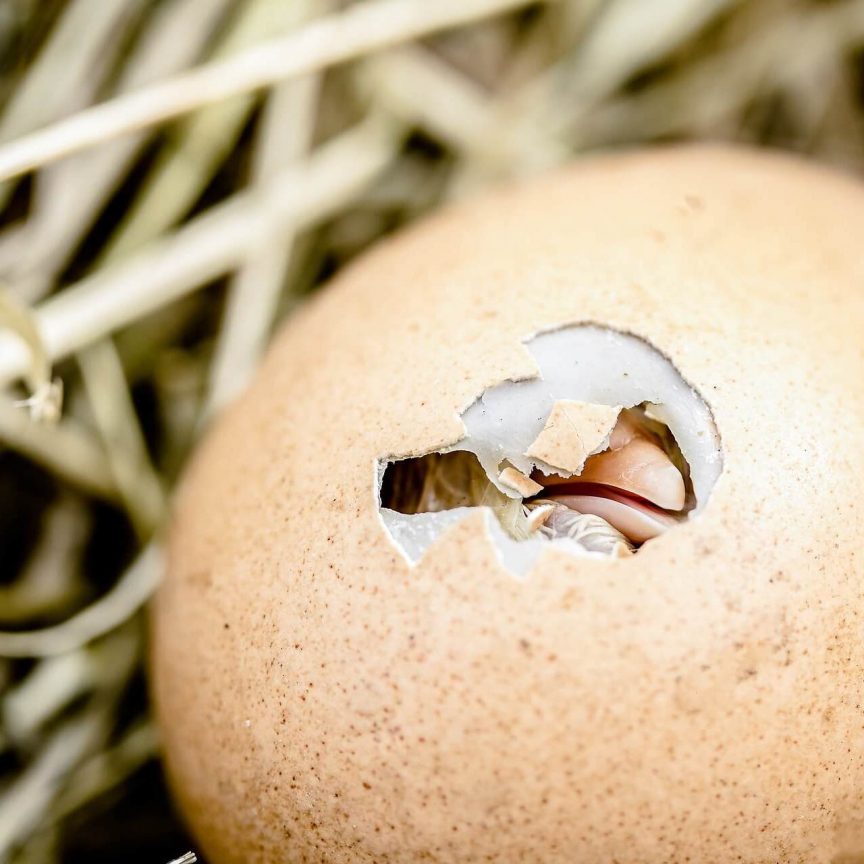I read in the news this week that Germany is drafting a new law that will ban the culling of male chicks in the poultry industry. The article reminded me of a little “investigation” I undertook a few years ago, to find out about what actually goes on in our local egg industry.
I first learnt about this practice of chick-culling around the time I became vegan about ten years ago. I had known about the awful living conditions of factory-farmed chickens (‘broilers’ that are raised for meat, and ‘layers’ that produce eggs). As a vegetarian, I had long since switched to ‘free-range’ or ‘humane’ eggs. But as I did a bit more digging online, I learnt that there were other things that went on behind the scenes, but which wasn’t really talked about.
What they don’t want us to know
One example: the culling of male chicks, which is a given in the global egg industry and without which eggs would be unaffordable to most. It seems that most consumers aren’t aware of this (which is unsurprising: why would the industry tell its customers that it destroys millions of helpless fluffballs every year?).
Here’s the thing: a fertilised chicken’s egg has a 50% chance of producing a male chick. So on average, every laying hen (female) will have had a brother (male). These guys are useless to the egg industry since they don’t lay eggs, and their scrawny build is useless to the meat industry. So the hapless balls of fluff are discarded within 72 hours of being born: keeping them alive and fed is a waste of resources.
A local investigation
When I learnt about this practice, I wanted to find out if this was something that happened only in big ‘factory farms’, or if it was a universal practice, even on the smallest-scale ‘happy’ egg farms. So I contacted about a dozen local egg farms that advertised themselves as better-than-the-standard (e.g. ‘free range’, ‘organic’, ‘happy’, ‘humane’) and asked where they source their laying hens. All the responses I received pointed me to the same company: Nulaid.
If you live in South Africa, you might recognise Nulaid from the egg section of budget supermarkets: they’re the biggest egg producer in the country, churning out millions of eggs to sell cheaply in large trays. If you drive through the countryside in the Western Cape, you might even pass some of their facilities: rows of five or six huge sheds stretching hundreds of metres in length, housing many thousands of chickens. But they are also the largest breeders of laying hens (the chicken has to come before the egg, right?). Their breeding facilities supply almost all of the country’s laying hens.
I contacted Nulaid and asked them what they do with the newly-hatched male chicks. Initially, they replied that “they are humanely destroyed.” Requesting a bit more clarity on the method used, they responded: “Can I suggest that you log onto the www.sapoultry.co.za and follow the links and you will find the information you are making enquiries about. These husbandry practices are standard throughout the industry.” The link led me to the South African Poultry Association’s Industry Guidelines (which the industry sets for itself). I downloaded the document and scrolled to the relevant section:

“Gassing of chicks with carbon dioxide or gas mixtures with argon” and “high-speed maceration of chicks using properly designed macerators” are both “practical and accepted” methods to dispose of non-saleable chicks. A third method of disposal, dumping thousands of chicks in black bags, alive – is illegal but happens anyway, since it’s cheaper than running machinery (a Carte Blanche episode from a few years ago ran an expose on this).
Welfare reforms
All of this gut-wrenching cruelty is a big motivator for a lot of people to quit eggs, and this new German law (if it gets passed) is definitely cause for celebration, not only for the millions of tiny lives that it will save (or rather, prevent from coming into existence), but also for the possible knock-on effects. If the new regulation—and egg-sexing technology—brings added expense to the egg industry, there’ll be a stronger incentive for food producers to switch away from eggs as ingredients, to more cost-effective plant-based alternatives.
Meanwhile, as we wait for these more progressive animal welfare reforms to be passed into legislation, the egg industry will continue working hard to convince us to eat eggs, with savvy marketing and carefully-chosen words to distract us from what’s really going on. But hey: we’ll keep on showing the world that eggs are a relic of the past.
Happy, healthy alternatives
There are lots of ways to switch out the eggs: substitutes for eggs in baking abound; these savoury chickpea pancakes are a great high-protein alternative to omelettes; and tofu scramble still fools the most ardent egg-lovers out there. All without the cholesterol or the cruelty 🐣

